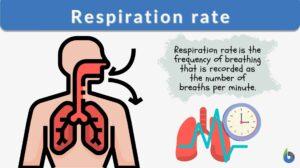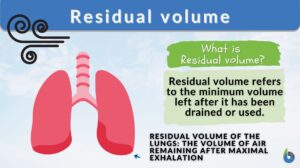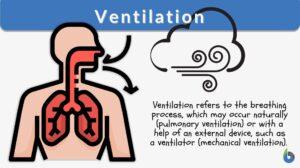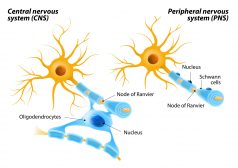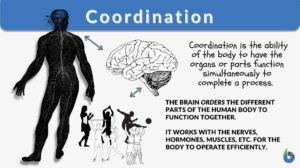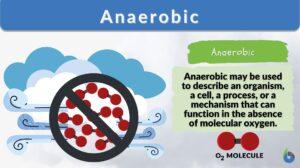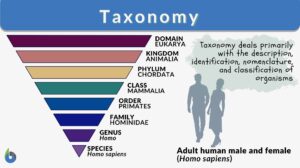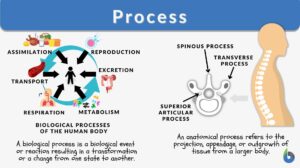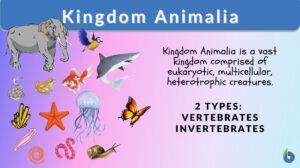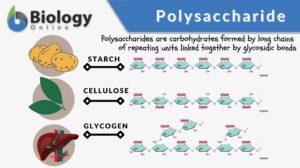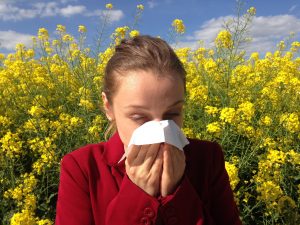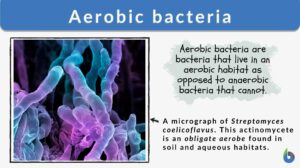Search Results for: breathing
Respiration rate
Respiration Rate Definition Respiration rate is a vital life process that expresses the breathing rate in an organism... Read More
Breathing rate
Breathing rate (Science: chest medicine, clinical sign) also referred to as the respiratory rate. Measured as the number of... Read More
An introduction to Homeostasis
Researched and Written by Jonjo MinnsSubmitted to biologyonline.com on February 25, 2009.Published in biologyonline.com... Read More
Residual volume
Residual volume is a term that is most often seen in lung physiology where it is defined as the amount of air remaining in... Read More
Ventilation
Ventilation Definition Often when persons think of ventilation, they think of getting clean or enough air into a room. This... Read More
Respiration
Organization of the Respiratory System Each lung is composed of air sacs called alveoli - the sites of gas exchange with... Read More
Thalassophobia
Among many psychological and psychiatric disorders, one is the fear of the ocean and the fear of deep water, which in... Read More
Inspiration
Inspiration (Science: physiology) The act of drawing air into the lungs. Origin: L. Inspirare, spirare = to breathe The act... Read More
The Central Nervous System
Myelin Sheath Myelin is a substance that forms the myelin sheath associated with nerve cells. This sheath is a layer of... Read More
Efferent nerve
Definition noun, plural: efferent nerves The type of nerve that carries nerve impulses away from the central nervous system... Read More
Leukocytosis
What Is Leukocytosis? Leukocytosis is a condition wherein the number of White Blood Cells (WBCs) is increased above the... Read More
Coordination
Coordination Definition When a person hears the word coordination, they think of order, organization, or even managing... Read More
Respiration
Definition noun, plural: respirations Any of the various analogous processes by which there is an exchange of... Read More
Respiratory system
Definition noun An organ system comprised of organs and structures associated for respiration or gas exchange Supplement An... Read More
Elastic cartilage
The cartilage is a connective tissue characterized by having an extracellular matrix that is abundant in chondroitin sulfate... Read More
Expiration
Expiration (Science: physiology) The act of breathing out or expelling air from the lungs. Origin: L. Spirare = to breathe a... Read More
Inborn Reflex
An automatic instinctive unlearned reaction to a stimulus.inborn reflex a reflex such as breathing that is... Read More
Photosynthesis – Photolysis and Carbon Fixation
Photosynthesis is the means that primary producers (mostly plants) can obtain energy via light energy. The energy gained... Read More
Crowing inspiration
Crowing inspiration Noisy breathing associated with respiratory obstruction, usually at the larynx. Origin: L. Inspiratio,... Read More
Kingdom Animalia
Kingdom Animalia Definition Each person can say that they know of or can name at least one animal. However, do people know... Read More
Physalia physalis
Definition noun A species within the family Physaliidae characterized by being in a colony resembling a... Read More
Polysaccharide
Polysaccharide Definition Biology Definition: A polysaccharide is a carbohydrate formed by long chains of repeating units... Read More
Pathobiology of allergy and its most severe form, anaphylaxis
When allergy season looms, some people with serious hypersensitivity to allergens tend to be apprehensive of what may come.... Read More
Aerobic bacteria
Aerobic Bacteria Definition What does aerobic mean in biology? As the name suggests, 'aerobe' in biology means organisms... Read More

